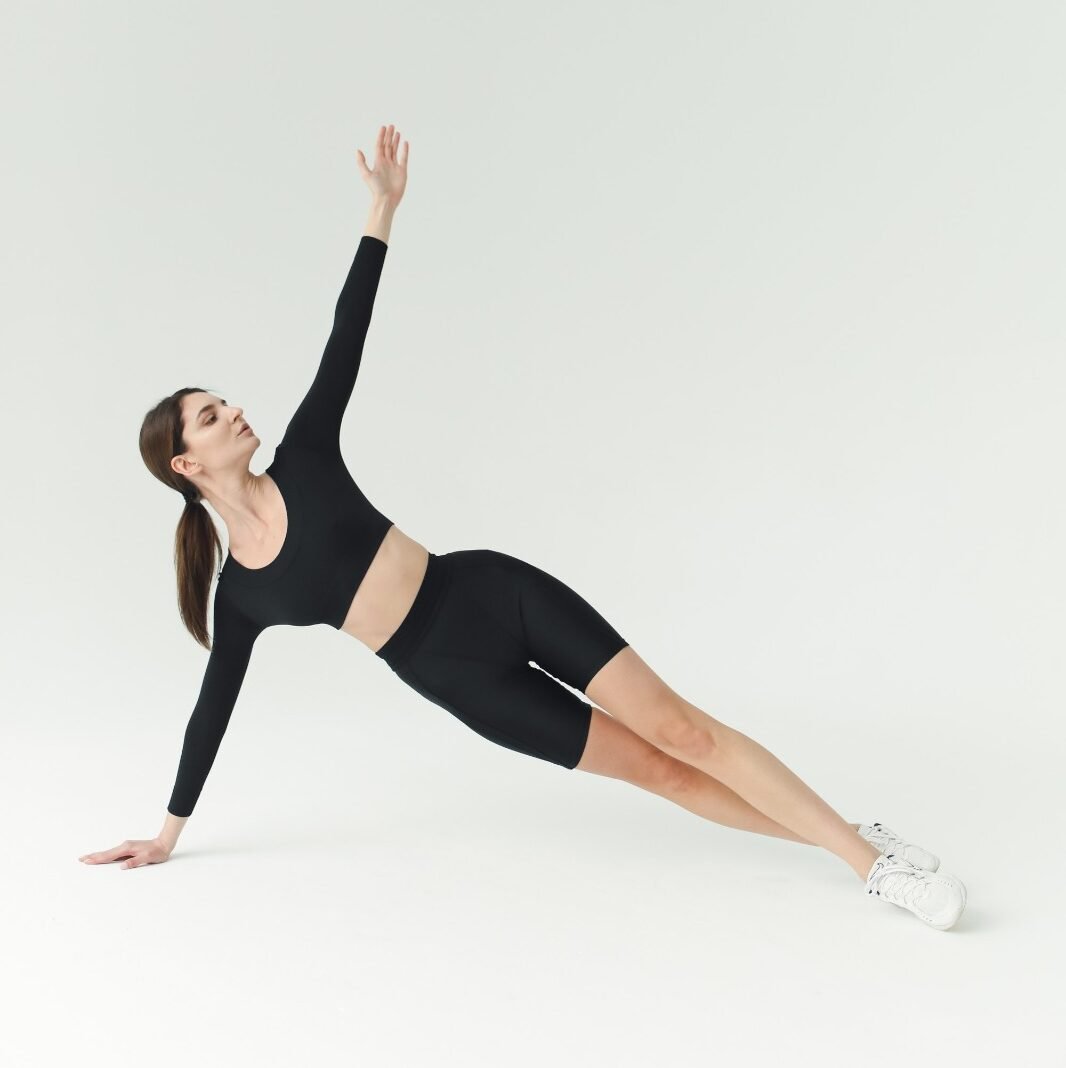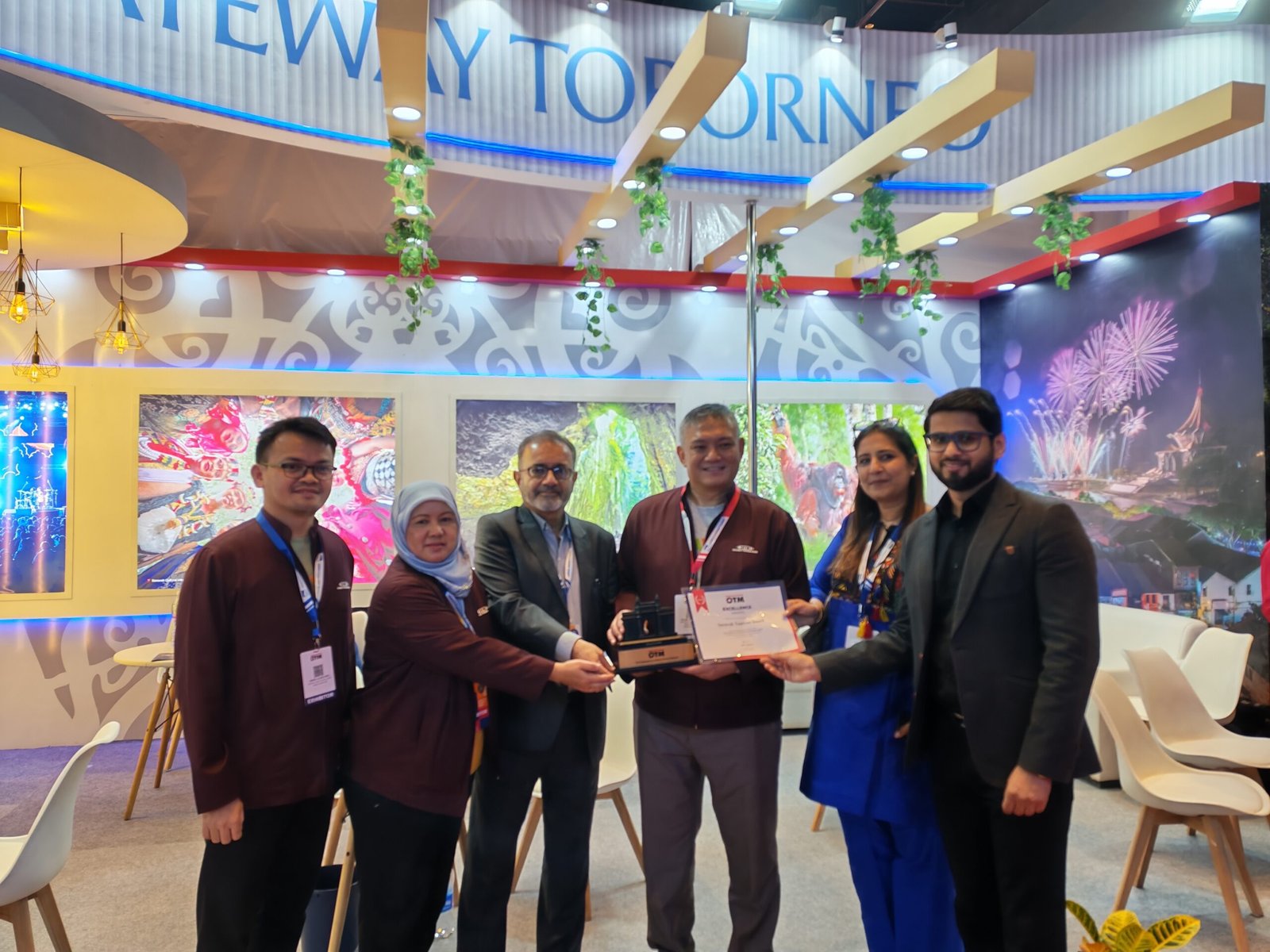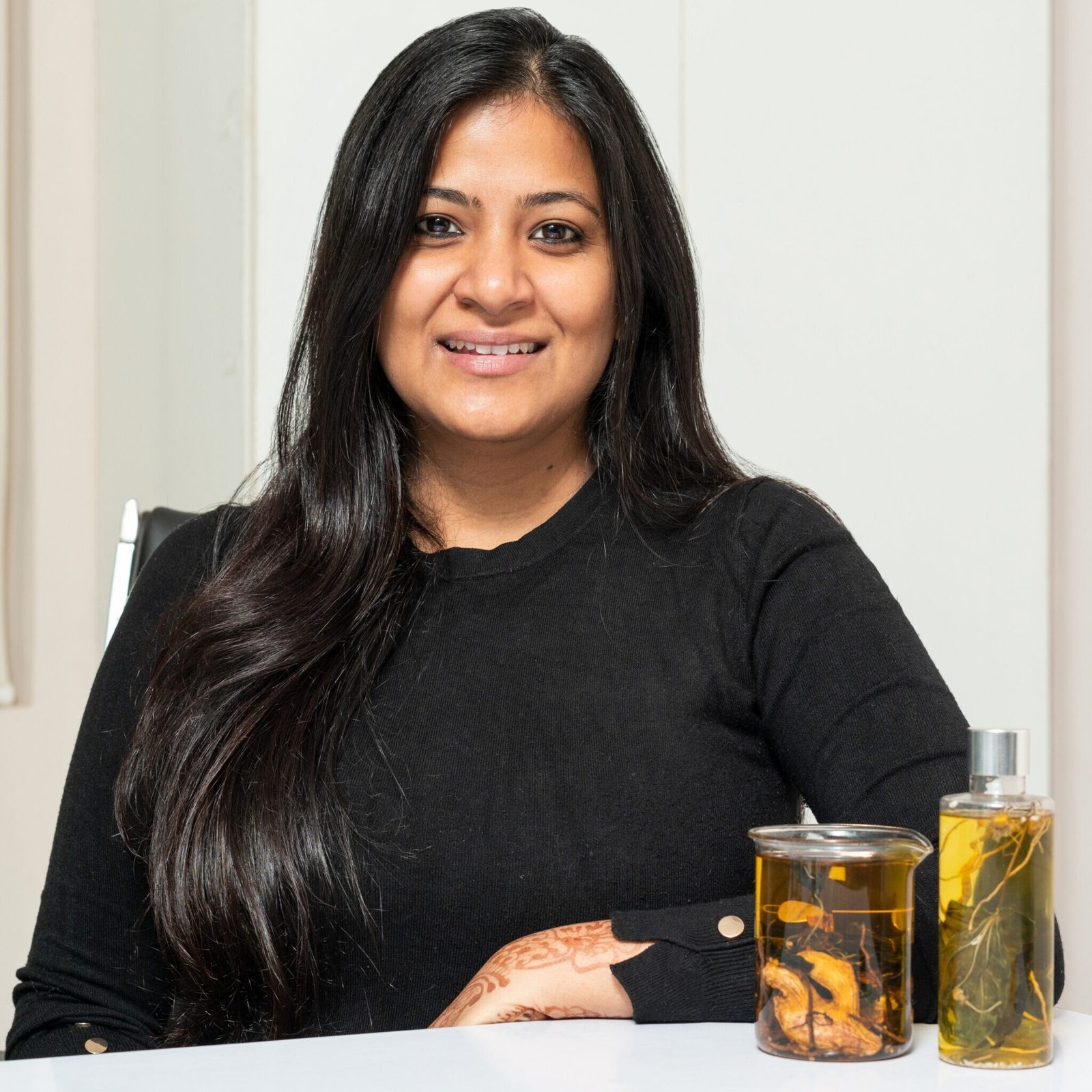It’s Women’s bone health day and who better than renowned Orthopedic surgeon Dr. Abhishek Arun Nerurkar to give us the pledge for strong bones? Dr. Nerukar avers, “Do daily exercises and take care of your nutrition. After menopause, make sure to keep a check on your bone density. Stay alert, stay fit, and stay active. Wish you all a happy World Women’s bone health day.” Perfect! And since Dr. Nerukar is one of Mumbai’s top most Orthopedic surgeon-doctors, TheGlitz finds out more about the good doctor and his specific field Orthopedics and of course, his penchant for bones and joints. Read on…


Could you tell us about your journey as an Orthopaedic doctor? What, according to you, are the three milestones you achieved in your profession?
The journey of being an Orthopaedic Surgeon has been really fantastic and fulfilling. After completing my education in Orthopaedics, I visited centers in Germany to update my knowledge and refine my skills. After coming back to India, I was fortunate to work at a municipal hospital where I could see thousands of patients a month and could give back to society as a doctor. Nowadays, I have been working at leading hospitals in the western suburbs of Mumbai, like P.D. Hinduja Hospital, Khar and Lilavati Hospital, Bandra where I can give my patients the best I have to offer. It’s a joy to see your patients being relieved of their agony and doing well in their life. Excellent patient outcomes are the best encouragement to any doctor and make this profession extremely gratifying.

How important is an Orthopaedic doctor in a person’s life?
Knee pain and back pain are one of the most common problems that we are facing nowadays. Every household I visit has someone suffering from Orthopaedic issues. Bone and related pain are nagging problems and hence they can affect the quality of life adversely if not treated properly. Moreover, there is a lot of awareness of fitness and exercise in the community and people want to stay young and active. This makes them push their body to the limits, without realizing what their body can tolerate, leading to injuries.
There’s a lot of talk about knee replacement, do you think it is advisable? Or does it vary from patient to patient?
As our geriatric population is increasing, the prevalence of Osteoarthritis is increasing in the community. Arthritis can sometimes be an extremely debilitating disorder, restricting the movement of individuals significantly. Knee replacement relieves the pain of arthritis and increases the mobility of the patient. It is an extremely rewarding surgery and improves the quality of life in our geriatric community. The surgical techniques and pain management protocols have evolved significantly in the last couple of days, reducing the hospital stay and expediting the outcomes of the procedure. Robotic techniques further improvise our decision-making ability through real-time assessment of the surgery and help the surgeon in the precise execution of the plan.
What are the challenges you face in your day-to-day work?
Nobody wants to go under a knife. The biggest challenge is to communicate to the patient that he needs to undergo surgery. However, most of the things after that are streamlined and protocol based. My message to all the patients who seek to undergo treatment is that a clear understanding of the management plan and the expected outcomes would be the key to success. Having presumptions based on what you have heard or read, and having unrealistic expectations may be detrimental and should be avoided.

What are your future plans?
Future plans are extremely simple. I take my best steps to upgrade myself in the ever-evolving world of Orthopaedics so that I keep offering my best to the community. Although I am already doing charity to give back to society as a part of my service to mankind, I wish to someday start a charitable trust in which I can channelize the benefits of the needy. I love teaching and hence I make it a point to interact with budding practitioners so that we can do greater good for society. By means of education, I can indirectly reach and benefit the patients and improve overall health in our community. It’s up to us to put our best foot forward and see what the future beholds.














